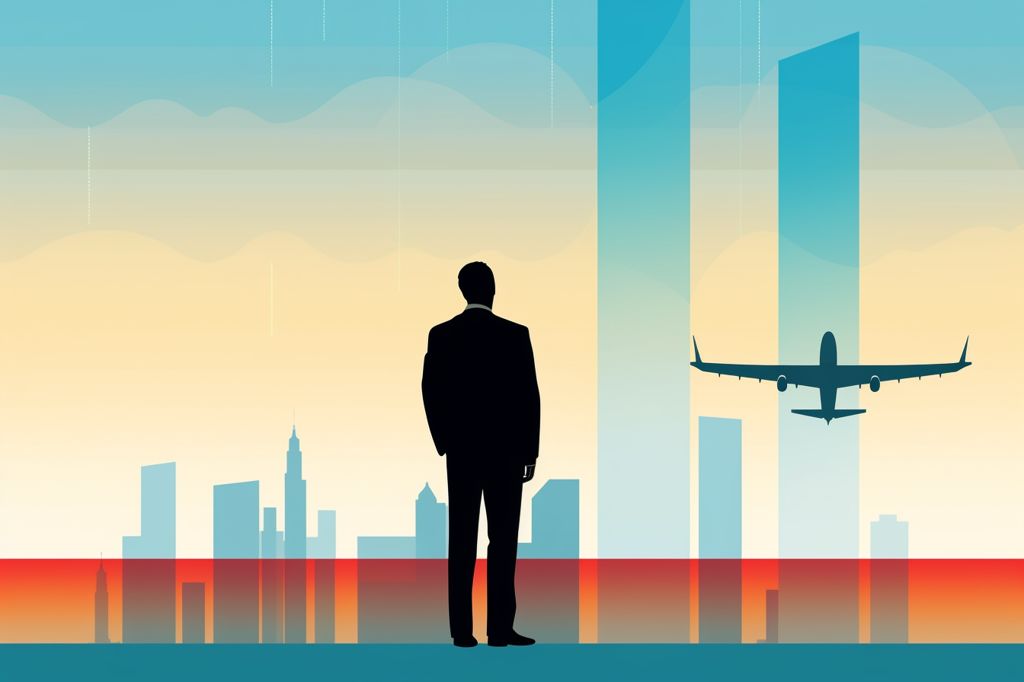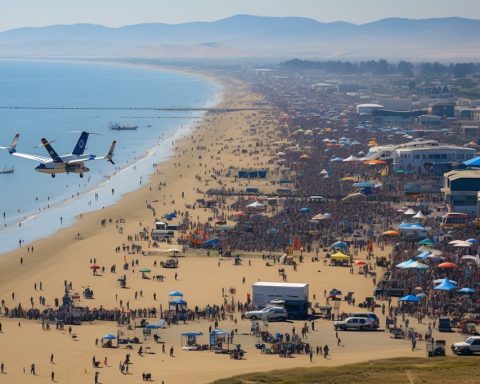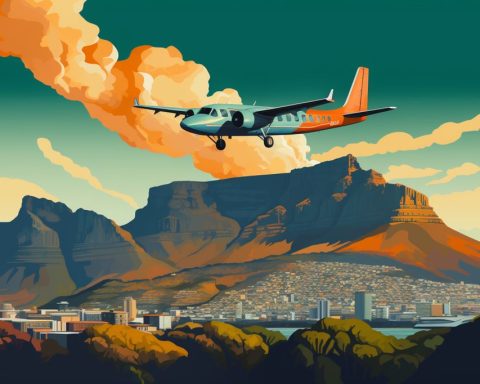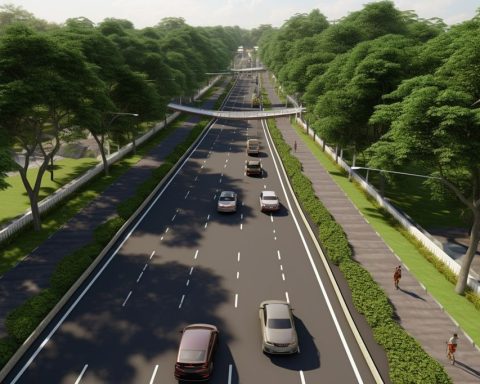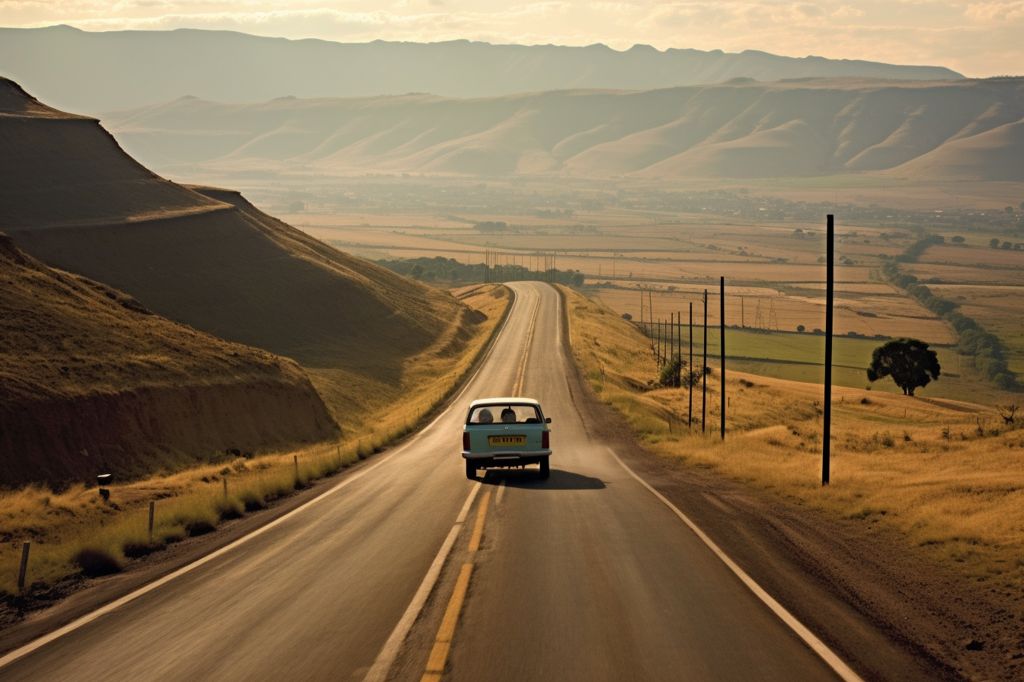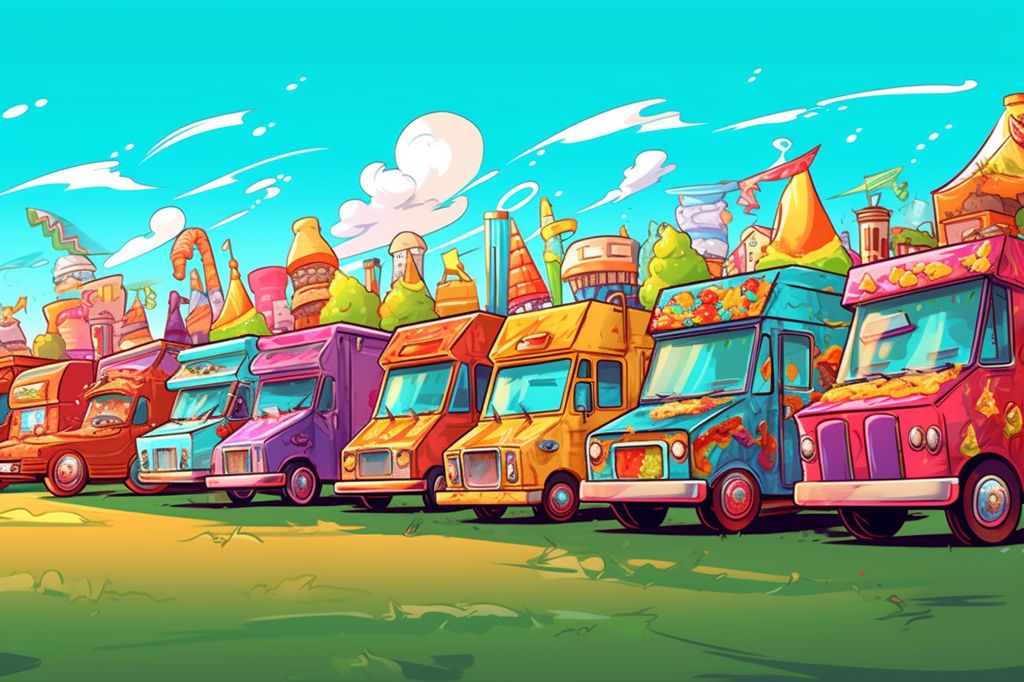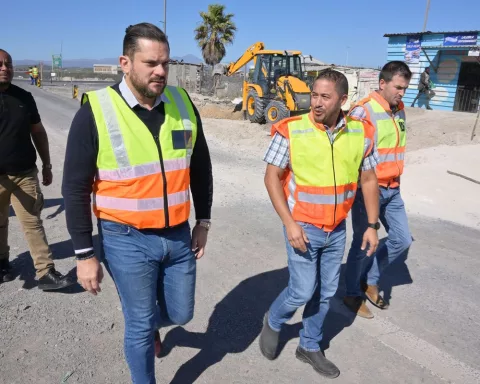The COVID-19 pandemic has had a significant impact on many industries, including the aviation sector. South African air travel costs have experienced a significant increase since 2020, with domestic flight fares increasing by up to 54% compared to pre-pandemic prices. This increase in airfares has not only affected individual travelers but also businesses that rely on air travel.
Challenges for Companies Reliant on Business Travel
A study conducted by Professor Berendien Lubbe from the University of Pretoria, which surveyed 33 corporations, revealed that the elevated cost of air travel poses a considerable challenge for companies that depend on business travel. More than 50% of the respondents reported an annual travel expenditure exceeding R10 million. Lubbe’s research highlights the urgent need for airlines to reevaluate their service offerings in response to the ongoing constraints on business travel, such as tighter budgets and the increasing prevalence of virtual work.
Concerns Regarding the Stability of South African Airlines
Apart from the financial burden of air travel, South African businesses have also expressed concerns regarding the stability of the country’s airlines. The rise in operational costs has led to increased skepticism in the aviation sector, with 44% of survey respondents predicting more domestic airlines to exit the market within the next two years.
This distrust can be attributed to the turbulence experienced by South Africa’s aviation landscape in recent years. For instance, the privately-owned Comair’s collapse in 2020 resulted in the removal of two major airlines from the South African skies: Kulula.com and the local British Airways franchise. Furthermore, South African Airways (SAA) underwent an extensive business rescue process, only to resume operations in September 2021 on a significantly smaller scale, now offering solely domestic flights between Johannesburg and Durban or Cape Town.
Impact on Businesses and Travelers
The reduction in services by SAA has placed further strain on businesses and travelers alike. Moreover, the now-defunct Mango Airlines and SA Express Airways, both owned by SAA, previously operated numerous domestic routes within the country. Their absence has only exacerbated the situation, leaving a void for other airlines to fill. This upheaval in the aviation industry has not only impacted the traveling public but has also led to job losses and economic setbacks for the country.
Innovative Approaches to Overcome the Challenges
In these uncertain times, it is crucial for the aviation industry and stakeholders to adapt and innovate to survive and thrive. For instance, airlines may consider offering more flexible and affordable options to cater to budget-constrained businesses and travelers or investing in technology and infrastructure to improve efficiency and minimize costs.
Furthermore, as the world embraces virtual communication, the aviation sector should explore opportunities to collaborate with technology companies and integrate their services. By doing so, airlines could potentially tap into new revenue streams while maintaining their relevance in the ever-evolving business landscape.
In conclusion, the rise in air travel costs in South Africa since 2020 has significantly impacted businesses and the aviation sector. The increase in airfares, coupled with distrust in the stability of airlines, has left the industry facing immense challenges. To overcome these obstacles, stakeholders must adopt innovative approaches, explore new market opportunities, and collaborate with other sectors to ensure the longevity and sustainability of the aviation industry.

